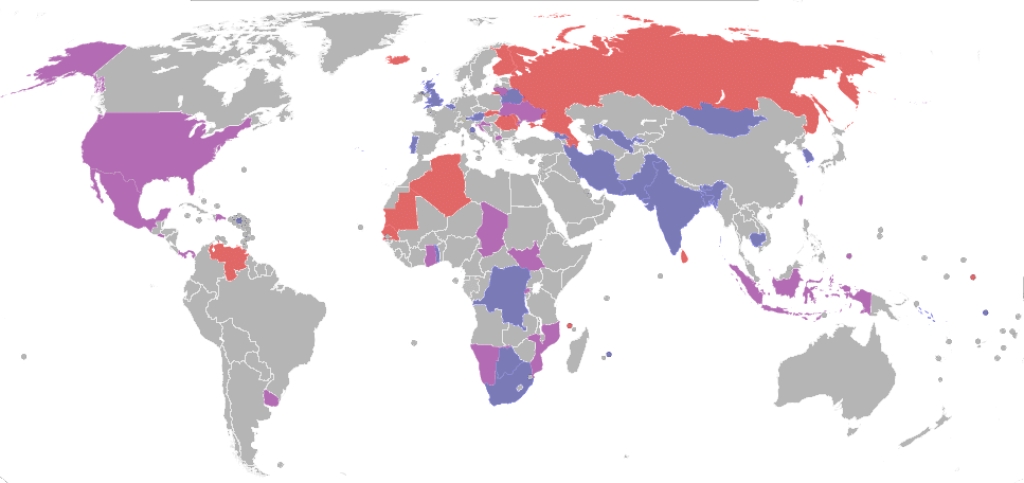The Year Half the World Voted: Have we learned what we needed to know? Political Analysis in 2024

Conference
Monday, December 2, 2024
6-8:30 PM
Daios Hotel, Leoforos Nikis
“Over a billion have voted in 2024,” runs a recent headline in The Economist, “has democracy won?”
The news is both good and bad, continues the same article, prompting an alert reader to wonder how useful this piece of journalism is as a specimen of political analysis. How well served have inquisitive fellow citizens worldwide been in the unprecedented celebration of democracy that was, seemingly, 2024?
To delve into the question, as this year of global elections comes to an end -- going back in fact to two parliamentary elections in Greece in the summer of 2023, the Dukakis Center at ACT will host a gathering of attuned observers in a variety of formats to discuss the current state of political analysis the world over.
The goal will be to gain an initial understanding of what voters seek and what they get in return when they listen to or read their preferred sources of information about political developments in those places where it matters most to them.
Do the outstanding examples of analysis in 2024 serve to rebut the widespread sentiment that democracy is in decline? Looking back at this long year of elections, would we have been right to conclude, as did one American analyst in the New York Times, that “the stark reality is that there are no immediate solutions to a potential election crisis”? Or will we agree with Francis Fukuyama when he writes “thus far, the year of elections has not been a terrible one for democracy worldwide.”
Concerning the current state of the news ecosystem, meanwhile should those of us who rely principally on the mainstream media lament what Mike Allen is now calling the era of “shards of glass?” Was David Von Drehle right to assert in 2022 that “History will likely conclude that the 20th century was the high-water mark of mass communication?”
The in-person event on December 2 will be open to the general public free of charge and will include a panel in Greek and one in English, with bilingual discussion.
A complementary series of virtual panels in English will be broadcast during special episodes of Dukakis Center Live on Anixneusis Web-TV, on December 3 and 4, 6-8 PM (program to be announced).
- https://www.economist.com/international/2024/10/06/over-a-billion-have-voted-in-2024-has-democracy-won
- https://www.nytimes.com/2024/10/16/opinion/trump-election-crisis.html
- https://www.foreignaffairs.com/united-states/year-elections-has-been-good-democracy-francis-fukuyama
Program
In-person event
Monday, December 2, 6-8:30 PM, Daios Hotel, Leoforos Nikis 59
Panel 1 (in Greek)
- Featured panelists: Sotiris Serbos, Democritus University of Thrace
- Moderator: George Kokkas, International Hellenic University
Panel 2 (in English)
- Featured panelists: Alkman Granitsas, formerly Wall Street Journal
- Moderator: Lambrini Nassis, American College of Thessaloniki
Bilingual discussion
The Michael and Kitty Dukakis Center for Public and Humanitarian Service
Celebrating 25 years of public service initiatives 1999-2024





